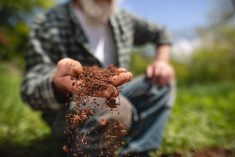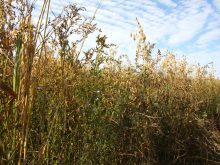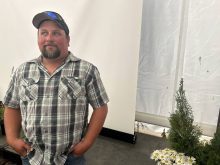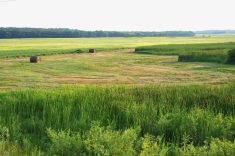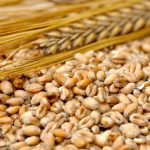It doesn’t take a genius to see the math doesn’t add up, Corteva Agriscience rep Ben Gordon acknowledged during a webinar promoting its carbon offset program.
Farmers have to do it for the soil health and long-term gain if they’re going to join, he said.
It was U.S. farmers and ag-interested folk only on Corteva’s virtual carbon roundtable June 30. One intrepid Canadian snuck in using a VPN, while the Co-operator viewed a recording after the fact.
Read Also
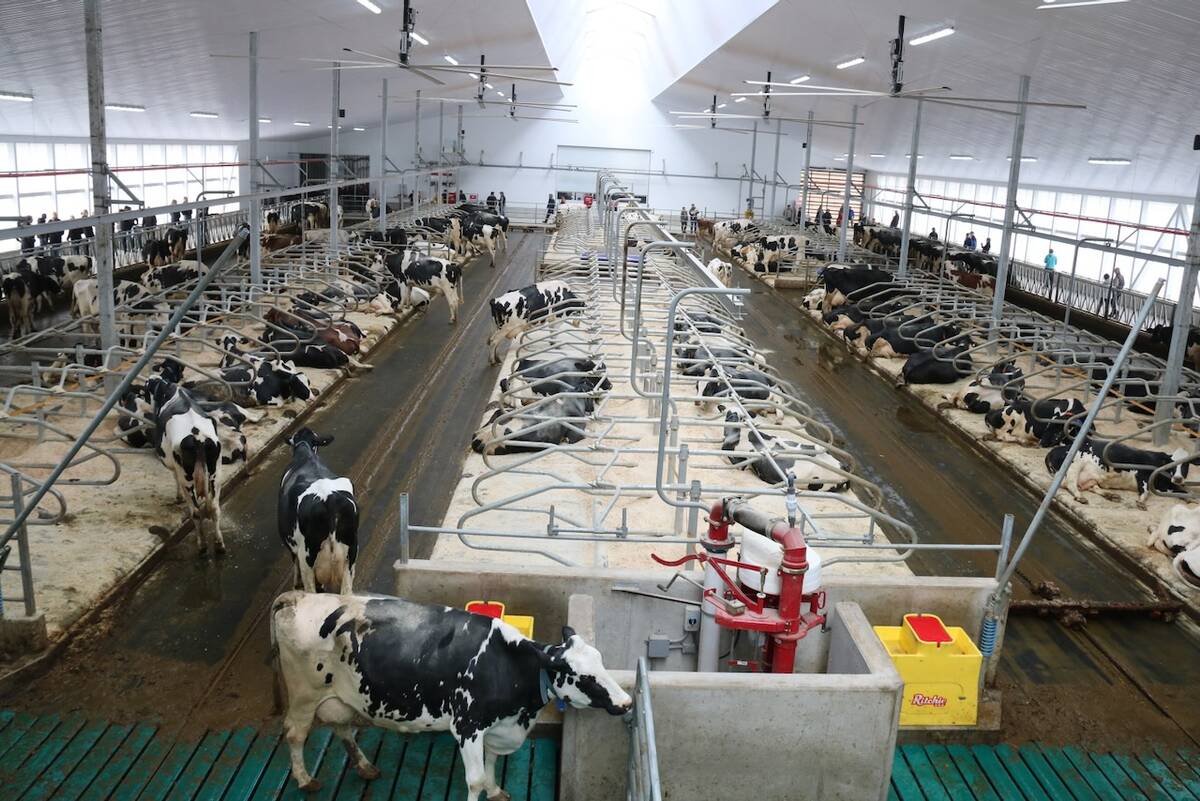
Canadian farm milk price changes to reflect growing protein demand
Protein demand is growing, so the provincial boards that set how Canadian dairy farmers are paid are changing how much protein is emphasized in milk pricing.
To date, Corteva’s Carbon Initiative offset program is piloting in a few states in the American Midwest.
The bare bones of the program are that Corteva will help farmers generate verified carbon credits by implementing soil health practices — namely reduced till or no till, cover crops and nitrogen management.
Corteva, that acts as a carbon credit ‘aggregator,’ sells these credits to companies looking to offset carbon emissions, and shares a percentage of the profits with the farmers (75 per cent or more, said Gordon).
Depending on the practices farmers take up, and what carbon the data and testing shows the farmer has sequestered, farmers can make $5 to $20 per acre (all figures U.S. funds), according to Corteva’s website. This is at $15 per ton of carbon.
To implement cover crops in most locations can cost $20 to $40 per acre, said Gordon who is Corteva’s Agriscience Carbon and Ecosystems Global Portfolio leader.
“It doesn’t take a genius, even in North Dakota, to figure out that, that math doesn’t add up,” he told roundtable host Vance Crowe.
A 2021 report from the University of Illinois’ department of agricultural and consumer economics says the price of carbon needed to break even switching from reduced till to no till on corn would be $30 per metric ton of carbon dioxide equivalent (reported in 2010 dollars). It’s $34 per ton if going from conventional till to no till on corn.
In soybeans, the break-even price is $77 per ton if going from reduced till to no till, and $32 if going from conventional till to no till.
These prices account for a reduction in yield where applicable.
However, the math doesn’t bother Illinois farmer Joey Stasell, he told the roundtable audience.
“I like the carbon credit program because it’s going in the right direction of more sustainable agriculture,” said Stasell, who farms in north-central Illinois.
“At the end of the day, it’s not really the biggest concern for me because we did this change to help support our soil structure, to better our farms,” he added.
Stasell said he’d been looking at signing on to a carbon offset program for a couple of years and had looked at a few different companies. He chose Corteva’s pilot because it was the easiest to work with and he liked its structure.
He said they’re in the early stages, but it’s going well so far.
The lone Canadian on the webinar asked Gordon when Canadian farmers can expect Corteva to come calling. Gordon said there’s no immediate plans, but “Canada is certainly on the horizon.”
“There’s a lot more government intervention,” he said. “One of the big things we’re looking at right now is just what will be the right role for Corteva.”
Pepsi buys a lot of oats and canola from Canada, said PepsiCo’s director of sustainable agriculture, Margaret Henry. She appeared on the roundtable as a buyer of carbon offsets.
“We see a need for some of this stuff in Canada but quite frankly, a lot of the farmers there have been doing this forever,” she said.
The question for them is more how to support farmers, and what they need supported, said Henry.
“It’s not that cover crops and no till are the only answer and the answer everywhere,” she said.





